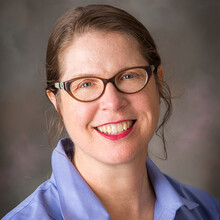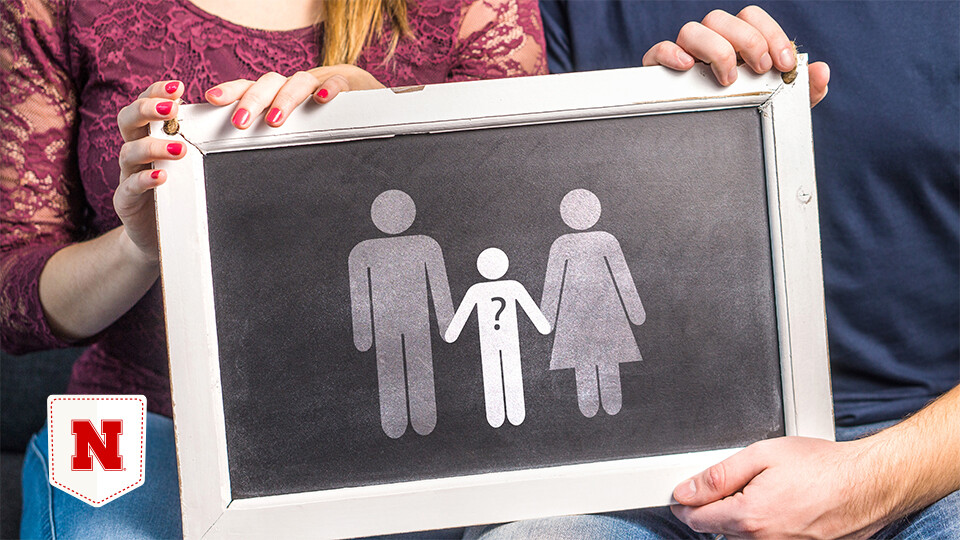Scott Schrage, June 24, 2022
Study examines life satisfaction when men and women perceive infertility
Pocket Science: Exploring the ‘What,’ ‘So What’ and ‘Now What’ of Husker research
Welcome to Pocket Science: a glimpse at recent research from Husker scientists and engineers. For those who want to quickly learn the “What,” “So what” and “Now what” of Husker research.
What?
In the United States, one in five women and one in 10 men struggle with infertility. Previous research from Julia McQuillan, Willa Cather professor of sociology at the University of Nebraska–Lincoln, has demonstrated that the inability to have children can have profound psychosocial effects on those affected by infertility.

In a recent study, she examined longitudinal data from Germany to parse out how a perceived inability to have children might matter for life satisfaction among men and women.
So what?
By analyzing 10 waves of data from the German Family Panel, McQuillan and her co-authors found that both men and women experienced lower life satisfaction during the years they perceived an inability to procreate.

Looking further, the study found that partnership mattered differently among men and women, with partnered women and unpartnered men reporting lower life satisfaction when they perceived an inability to have children.
“In other words, having a partner appears to protect men from the negative effects of infertility on their well-being,” the authors wrote.
A surprising finding was that women who perceived an inability to have children reported lower life satisfaction when they were not intending to have a child.
Now what?
The authors noted that this is the first study to examine life satisfaction changes over time among both men and women as they faced the perceived inability to have children, and that it adds new understanding to why some pursue assisted reproductive technology and others do not.
“It is important for researchers, physicians and counsellors to be aware that perceived inability to procreate is associated with lower life satisfaction, not only for women, but also for men,” they wrote.






